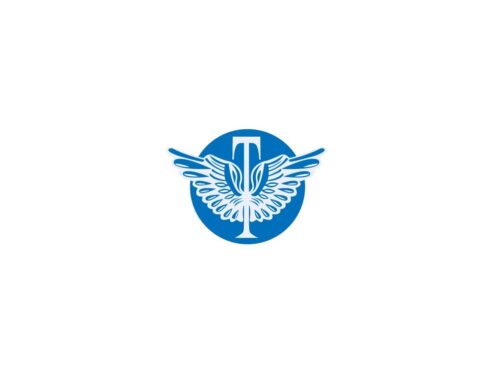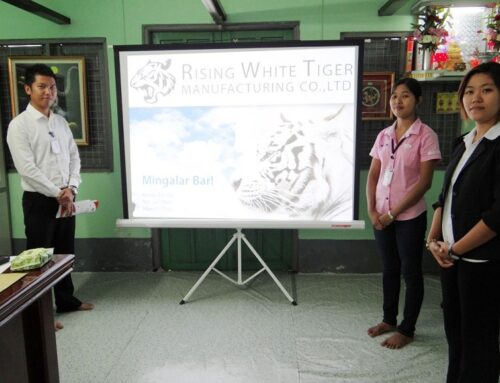
H.E. U Set Aung, Deputy Governor, Central Bank of Myanmar, discusses the government’s goals for the financial sector.
European Times: What is the history of the Central Bank?
H.E. U Set Aung: The Central Bank became an autonomous body in 2013 in line with the institutional reforms currently taking place in Myanmar. I was subsequently appointed Deputy Governor, after having been the Deputy Minister for National Planning and Economic Development.
European Times: Did you work with international partners in establishing the Bank?
H.E. U Set Aung: We worked closely with the IMF on the Central Bank Law, which has since been enacted, and our collaboration with the IMF is ongoing as we clarify our internal rules and regulations. Our new Financial Institutions Law, which is one of the most advanced in the world, is currently being finalised with the help of the IMF and the World Bank. In addition, we are working with JICA to develop our ICT and core banking systems. Our European development partners have also been extremely helpful to us and without their assistance and guidance thus far it would have been very difficult to implement some of the changes we have undertaken.
European Times: What is the role of foreign banks in Myanmar’s finance sector?
H.E. U Set Aung: The guidelines for foreign investment in the banking sector will be clearly outlined in the Financial Institutions Law. The aim is to balance the role of foreign banks with that of local commercial banks. There is no doubt that foreign banks can contribute greatly to the development of the economy, but at the same time, in a time of a crisis, this can be quite dangerous. So, while we are open to foreign investment, we need to be careful that we are not marginalising domestic banks. We would like domestic banks to complement foreign banks, and to create the kind of banking environment that will sustain external shocks. Domestic financial institutions can benefit greatly from the financial and technical assistance of strong international banks and, at the same time, this creates a healthy kind of competition in the industry.

European Times: What are some of the challenges the financial sector faces?
H.E. U Set Aung: Our capacity to supervise the entire banking and the financial-services sector is still limited. Of course, we are not yet in a position to require our banks to adhere to Basel III, but we still need to be responsible for financial-sector stability, and in order to do that, we need to come up with the proper means to supervise financial institutions. This is a mammoth task for which we will need the right kind of technical and financial assistance from our development partners. As a responsible member of the ASEAN Economic Community, which we will be in 2015, we are taking calculated risks as we open up the financial sector and we are fully committed to doing that.
European Times: Why should international investors target Myanmar?
H.E. U Set Aung: Firstly, although our domestic consumption, compared to that of our neighbours, is still very small, there is huge potential for it to grow given Myanmar’s population of 60 million. Secondly, there are only a few countries left that still benefit from the Generalised System of Preferences (GSP). Since Myanmar’s GSP with Europe was restored, many companies are considering setting up manufacturing operations in Myanmar, in order to be able to take advantage of this potential for trade with the West.
European Times: What progress is the Central Bank making in developing a comprehensive monetary policy?
H.E. U Set Aung: We have a monetary-policy department and are establishing a dedicated committee for this purpose as well, but developing a monetary-policy framework is not only about putting the right institutions in place. It is also about the sequence in which that takes place. In order for the policy to be effective, we first need to develop the right instruments, such as the interest-rate and reserve-rate channels, as well as the right markets, such as the foreign-exchange and interbank markets. Since we have been in economic isolation for nearly six decades, all of these factors are still missing. It is for this reason that there has been some confusion about the progress of the country’s monetary policy. While some reforms are visible to the general population, others are not. We are taking great efforts to ensure that the right building blocks are laid, in terms of financial instruments and markets, before we finalise the monetary policy framework.
European Times: Where would you like to see Myanmar in three years from now?
H.E. U Set Aung: We want to achieve equitable, sustainable development and at the same time, see the right soft and hard infrastructure introduced in the right sequence. I would like to see a strong and sustained political will that goes hand-in-hand with the democratic path that we have chosen.




